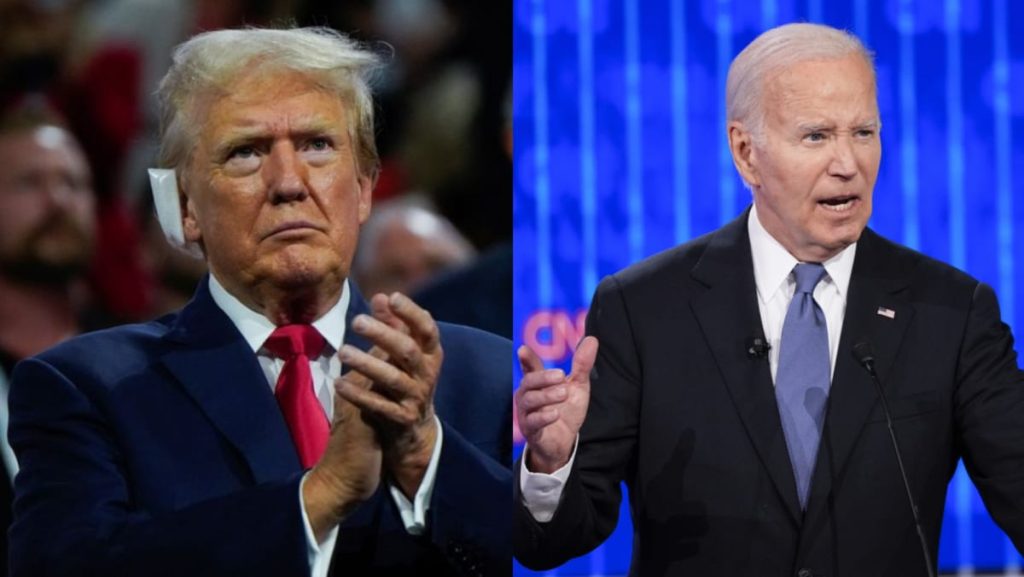In the face of uncertainty surrounding how Southeast Asia will interact with a potential second Trump presidency, experts are advising the region to be prepared for changes in US leadership. Alison Lee noted that Trump’s voter base may be more inclined towards a pro-Israel stance compared to Biden, which could impact policies related to ongoing conflicts in regions like Gaza. However, regardless of who is president, Southeast Asia must confront the reality of US leadership in the region.
The region’s domestic politics have become more polarized and dysfunctional, with a strong protectionist sentiment and escalating strategic competition with China. Ms. Lee highlighted the implementation of US tariffs on solar products from Southeast Asian countries to counter Chinese firms’ efforts to avoid tariffs. As a result, industrial policy is expected to remain a significant aspect of US trade relations affecting the region.
To prepare for a potential second Trump presidency, experts suggest that Southeast Asian countries focus on deepening regional economic integration to attract investment and trade opportunities. In case of US withdrawal from regional economic agreements, countries can engage with the US on a bilateral basis and identify common interests for collaboration in areas like sustainable development and innovation. It is also essential for ASEAN to maintain its centrality and uphold an international rules-based order for its own benefit.
Dr. Shafiah emphasized the importance of ASEAN making itself more relevant to the interests of major powers like the US. She noted that ASEAN has not effectively adapted to address current global challenges and has maintained a traditional approach of continuous meetings that may not appeal to major dialogue partners. Despite the need for change, Dr. Shafiah acknowledged the challenges in altering the bureaucratic structure of ASEAN.
In conclusion, the uncertainty surrounding a potential second Trump presidency requires Southeast Asia to enhance its preparation for changes in US leadership. With political polarization, protectionist sentiments, and strategic competition with China on the rise, the region must strengthen economic integration and engage with the US on bilateral terms to navigate potential alterations in trade policies. ASEAN must also work towards making itself more relevant to major powers’ interests to address current global challenges effectively.


